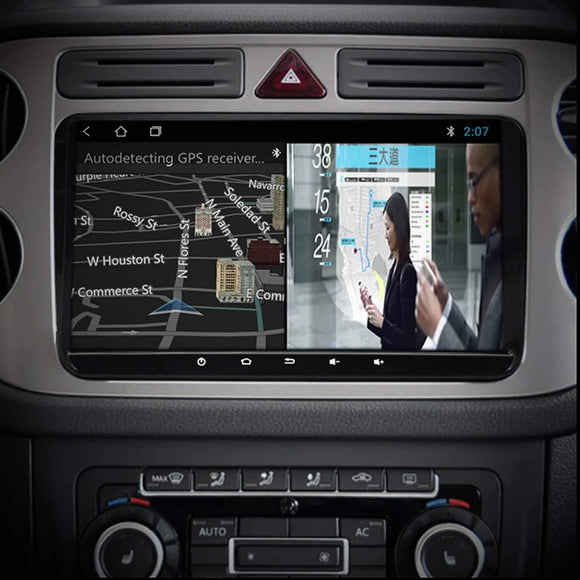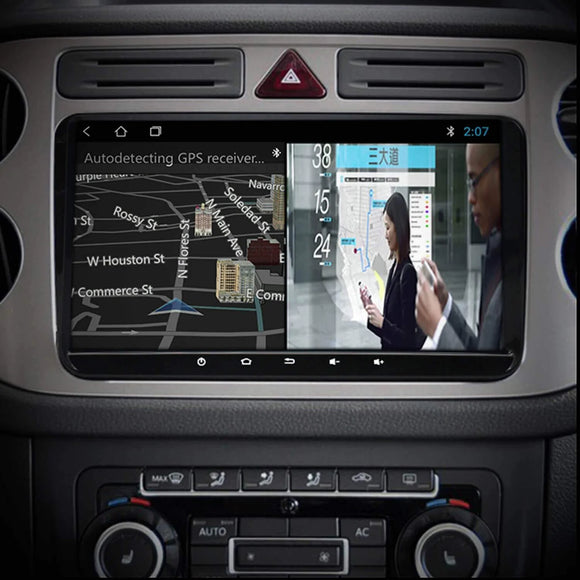
How to Solve Your Most Annoying Car Stereo Issues?
5 comments
The sun is beautiful, the vehicles are filled, and your friends are eagerly awaiting your arrival to begin a long weekend of driving. You take the wheel and start the car, but your sound system isn't operating correctly. It's a difficult situation.Let's break down some of the most frequent vehicle stereo system problems and their fixes to get you back on the road and listening to your favorite tunes.The signs of this condition might appear in a variety of ways. However, some of the most prevalent symptoms are as follows: Blown fuses, disconnected audio devices, loose connections, and disconnected wiring are the most prevalent causes of these issues.
There is no electricity to the recently installed main unit
If this occurs, ensure sure your amplifier is not in protective mode. If the alternator produces too much power for the amplifier to handle, it may have safeguarded itself by engaging protection mode.
The speakers don't provide any bass
A lack of bass in a stereo system can result from a variety of factors. The audio controls, such as the balance, faders, and bass controls, should be checked first. Check that they are correctly calibrated. If these settings are right, you may need to change the DSP or EQ settings. Check the left and right speaker polarity to ensure it is correct. If all else fails, you can attempt restoring the stereo to factory specs. As a final option, go to your local auto audio professional because there might be an issue with the installation or speaker connections.
Loud speakers
Several faults might generate hissing, whining, buzzing, or static noises from your speakers. The first thing you should check is that your receiver is securely grounded. One of the most common sources of unwanted noise is improper grounding.Antenna noise can create radio static. The simplest method to confirm this is to make sure it only happens when listening to the radio and not when using the CD, auxiliary, or USB features.Installing an alternator noise filter on the power cable between the battery and the alternator will help to reduce the problem.
Interruptions in sound
A damaged or bent speaker wire can cause an abrupt stoppage in the sound of an automobile audio system. It might also be caused by a faulty amplifier or an inappropriately connected amplifier. If none of these tests yield any results, your primary unit may have failed. You would be prudent to get expert assistance from a trustworthy organization.
Poor Grounding
Problems with insufficient grounding might cause your amplifier to cut in and out. When you switch on the car audio, the amplifier draws greater electricity. The amplifier will not be able to pull the needed amount of current if the system's ground is destroyed. This frequently results in the amplifier clipping. A whining sound from the alternator or poor sound quality are symptoms of this issue.
Clipping of the amplifier
Clipping occurs when an amplifier reaches its maximum power or the maximum voltage capacity of the signal. The signal may be distorted or truncated if the power is not generated quickly enough. Clipping can become an issue over time if the continuous power utilized at loud settings is frequently insufficient.
Tips to Solve Your Most Frustrating Car Stereo Problems
Seek help from a car audio expert.When you can't find a solution to your car audio problem, your best bet is always to take it to a professional for a diagnosis. An experienced team can quickly find the solution you need to your problem and get you back on the road with clear sound in no time.



Kommentare (5)
BONJOUR,
JE VOUS CONTACT CAR J’AI UN SOUCI AVEC UN AUTORADIO DE VOTRE MARQUE
ESSGOO 9" Android 14 4G+64G Carplay Autoradio ACHETÉ VIA ALIEXPRESS
JE N’ARRIVES PAS A L’ETEINDRE AVEC LA CLEF DE LA VOITURE , IL RESTE TOUJOURS ALLUMÉ , AINSI QUE LES COMMANDES AU VOLANT QUI NE FONCTIONNE PAS
J AIMERAI DES EXPLICATIONS RAPIDE CAR J’AI PEUR QUE CELA IMPACT MA BATTTERIE DE VOITURE
JAI UNE POLO 5 DE 2010
MERCI DE ME FAIRE PARVENIR UN RETOUR RAPIDE
BIEN CDT
PIERRE
How do you get a response from a comment posted on the 12 of March ?
I just bought a Essgoo unit, the steering wheel control doesn’t work and it looses the station when driving, I have to manually resent the frequency again, and do that again when I loose the the station. The seller I got it from is not helpful at all, send links of videos that doesn’t provide clear insight on how to fix the issue. I will never buy again from this seller (EBAY)aspiringteam.
Good morning I have recently purchased an Easton head set with reversing camera I ha two problems one is the radio is tuned in to say radio two but it loses the station and you have to reset the frequency. Two my phone dose not automatically rest to another WiFi like my house WiFi the unit is fitted to a vw t5 11 plate thank you
I ordered car play for my VW polo a couple months ago and it has worked perfectly up unitl the other week when I was playing music quite loud while driving and the audio suddenly stopped. Since then I have had no audio from the radio app and carplay but have audio when i plug in the OEM radio.
What could be the problem and what steps do I have to do to fix it?